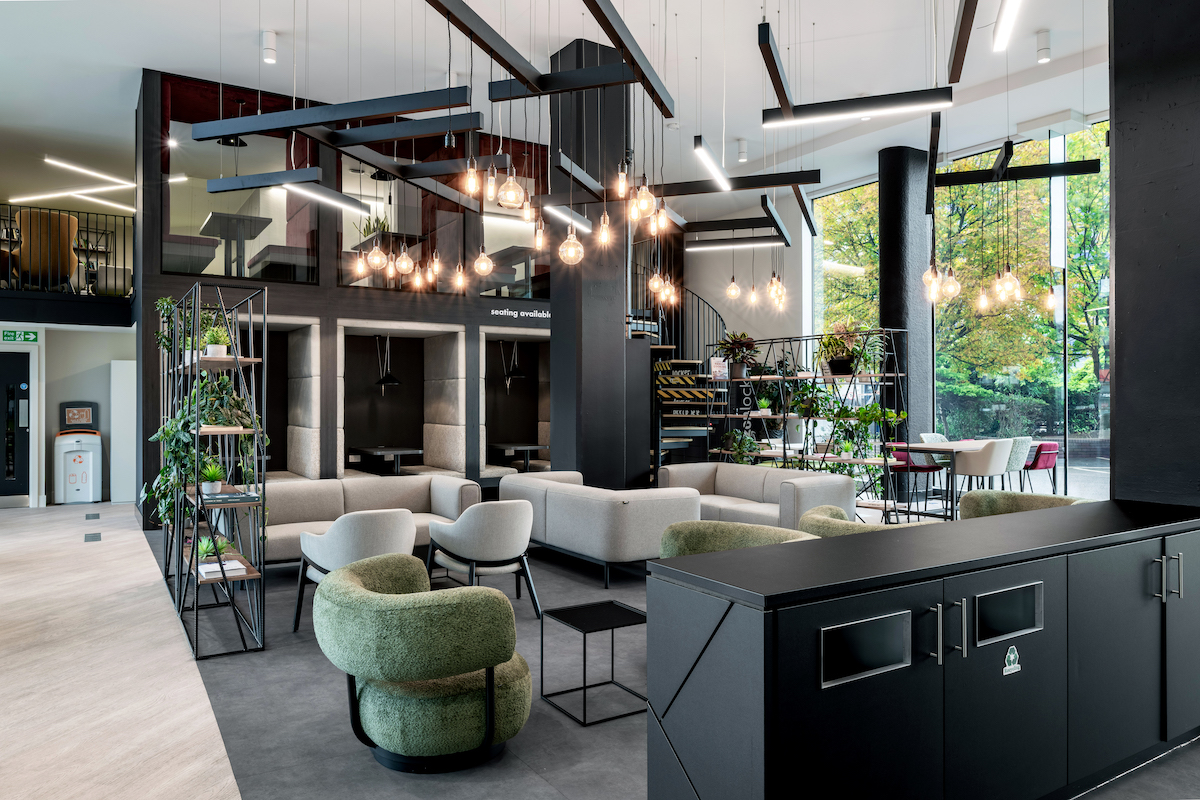Industry Insight: Milan Cvetkovic, GreyHammer Consulting
Milan Cvetkovic has over 40-years of managerial and sales expertise in the contract furnishings sector. At a critical moment for the industry, we sit down with him to explore how interiors’ firms should respond to and prepare for 2021
Tell us a little bit about your background, Milan?
I’ve been in the contract furnishings industry since 1980, so for four decades now. I started at a firm called Muraspec and worked my way up to Sales Director there over a 19-year timeframe. The firm was bought out in 1998, and I was approached by Armourcoat, the UK market leader in polished and Venetian plasters to do the same job, so hopped across there.
In 2000, I was approached by the management team of multinational Dutch furnishings company, Vescom. They said “we’ve bought a business in the UK and we’d like you to run it”. Said business was Helen Sheane, so over a period of years I rebranded the business to Vescom UK, reshaped the team there and got the company firing on all cylinders. But, there came a point in 2016 where I decided I wanted to work on my own terms, so I left Vescom, set up GreyHammer and these days I work as a self-employed industry consultant.
What inspired the move into consulting?
I’ve always enjoyed the process of helping people – actually helping, I mean – making a real difference to businesses and teams. When I was running businesses and I was responsible for people, the biggest kick I got was helping team members to develop and seeing them flourish. I just thought, why not do that on a managerial scale?
And what areas do you focus on, specifically?
Really, my workload is very broad. Currently, I’m working with one firm on growing sales and helping shape the strategic direction of the company. For another client, I’m helping with product development and having an input on the management of the firm’s sales team. It varies from client to client, but generally speaking I help senior management to look at the bigger picture and take advantage of new opportunities for growth. Often, I think it’s easy for business owners or managers to get sucked into the day-to-day, a big part of what I do is helping key stakeholders to step back and get a clear view of what needs doing to grow effectively.
It’s a tough time for the industry, what are some of the challenges you’re picking up on as we approach 2021?
Well, every business will have its own set of challenges to work through at this time. I’m working with one client to off-set a shortfall in revenue in one area by helping them to move into new market segments pretty quickly. With other clients, we’ve looked back into the brand’s DNA to help reposition or start thinking about new product lines and diversify. Another client is having to reshape their internal infrastructure because they launched a new product line just before the lockdown, and its reception has been disrupted as a result. Regardless of the challenges your business is facing, the key thing is how you respond. We’ve all got to keep problem-solving for as long as COVID-19 disrupts business.
You helmed a company through the 2008-9 recession. How does this compare?
This one feels very different. In 2008-9 during the financial crash, the work really dried up for our sector. You’d see huge architectural design practices go from 100 to 20 staff in the blink of an eye, but within a year, things were bouncing back because the economy hadn’t shut down per se. So, as soon as sense of confidence returned so did business. This time around, I think the recovery to pre-pandemic levels of revenue is going to take much longer for our sector. We didn’t have a massive societal and structural change in ’08-09, by comparison to this it was just a blip.
So, how do contract furnishings’ companies negotiate next 12 to 18 months?
I think this year has shown the importance to our sector of two things; a strong digital presence, and proactive communications. My one piece of advice for any firm navigating through to 2021 has to be to take digital marketing seriously and – if you have the financial strength and the will – maintain your frontline salespeople. Maintain a presence with customers whether they’ve got work for you or not; when the work comes back you’ll recover quicker for being present and staying in the forefront of customers’ minds. A lot of firms cut-back on marketing during down-turns, but it’s far better to cut back everywhere else and stay on the radar.
Learn more about Milan’s consultancy work here


